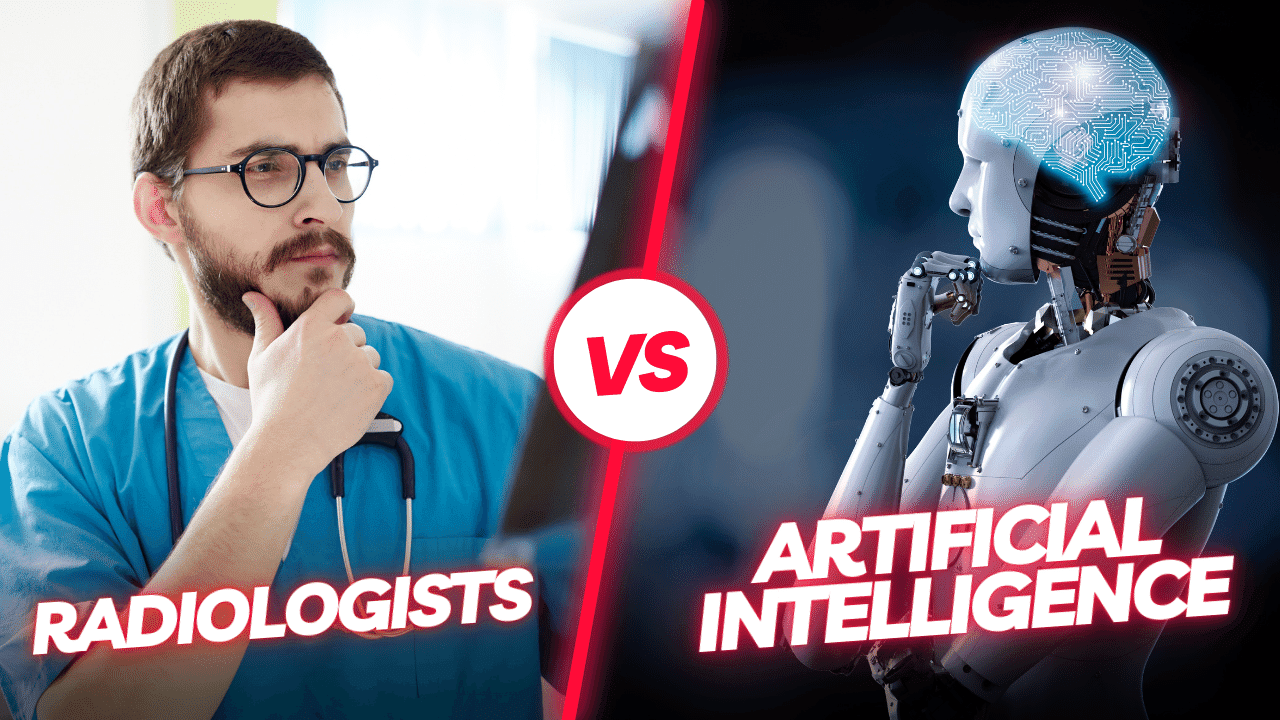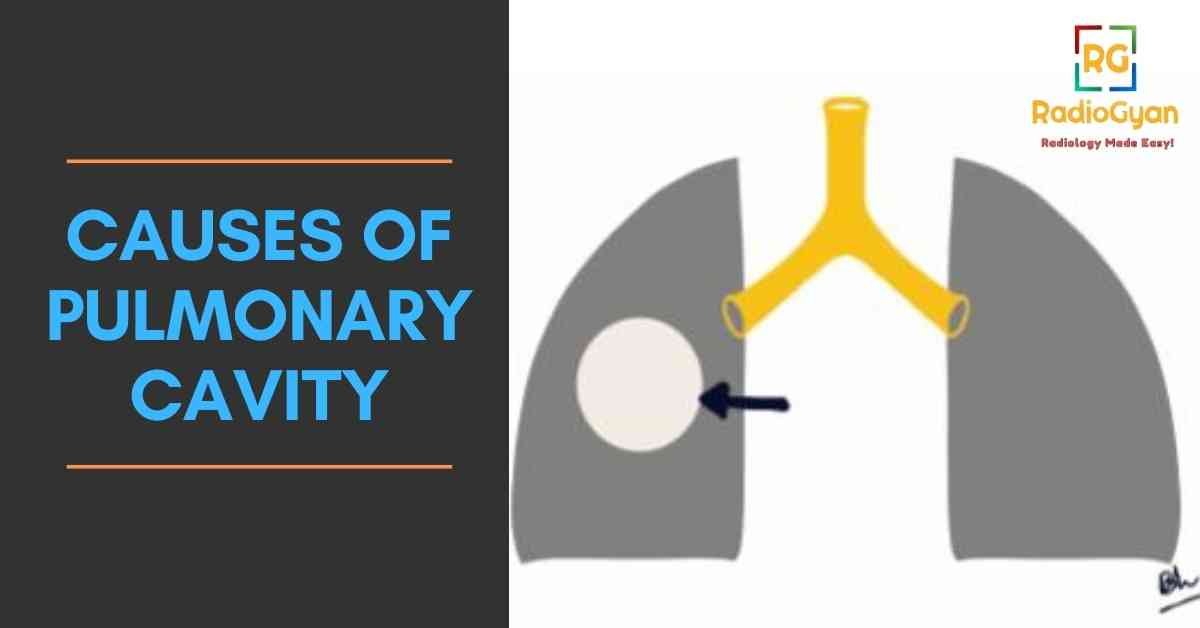Key Takeaways
| Aspect | Details |
|---|---|
| What is AI in Radiology? | AI in radiology refers to the use of automated algorithms to perform tasks traditionally done by a radiologist. |
| Benefits of AI in Radiology | Increased efficiency, improved diagnostic accuracy, and potential for advanced imaging analytics. |
| Challenges of AI in Radiology | Data privacy concerns, potential job displacement, and the need for significant training data. |
| The Future of AI in Radiology | AI is expected to augment the role of radiologists, not replace them. The future will likely see a hybrid approach combining the strengths of both radiologists and AI. |
Introduction to Artificial Intelligence in Radiology
Artificial Intelligence (AI) has been making waves across various industries, and healthcare is no exception. One area where AI has shown significant promise is radiology. AI in radiology refers to the use of automated algorithms to perform tasks traditionally done by a radiologist. These tasks range from interpreting medical images to predicting patient outcomes based on imaging data.
Radiology is a field that generates a vast amount of data, making it an ideal candidate for AI applications. With the advent of advanced imaging techniques and the increasing complexity of diagnostic procedures, the demand for quick and accurate interpretations is higher than ever.
The Evolution of AI in Radiology
The journey of AI in radiology has been a fascinating one. It started with simple rule-based systems and has now evolved into sophisticated deep learning models capable of outperforming humans in certain tasks.
In the early days, AI systems in radiology were primarily rule-based. These systems used predefined rules to interpret medical images. However, they were limited by their inability to learn from new data.
The advent of machine learning marked a significant shift in the landscape of AI in radiology. Machine learning algorithms could learn from data and improve over time, paving the way for more advanced applications.
Today, we are witnessing the rise of deep learning in radiology. Deep learning models are capable of learning complex patterns from large amounts of data, making them highly effective for tasks such as image recognition and segmentation.
Understanding the Technology: Deep Learning and Machine Learning
Deep learning and machine learning are two key technologies driving the AI revolution in radiology.
Machine learning refers to a set of algorithms that can learn from and make predictions based on data. These algorithms can be trained on a set of input data and can then make predictions or decisions without being explicitly programmed to do so.
Deep learning, on the other hand, is a subset of machine learning that uses neural networks with many layers (hence the term “deep”). These deep neural networks are capable of learning from large amounts of unstructured data, making them ideal for tasks such as image recognition.
In the context of radiology, machine learning could be used for tasks such as detecting abnormalities in an X-ray or predicting patient outcomes based on imaging data. Deep learning could be used for more complex tasks such as segmenting a tumor in an MRI scan or classifying lesions in a CT scan.
AI Applications in Radiology
AI has found numerous applications in radiology, ranging from detection and diagnosis to prognosis and treatment planning. Here are some examples:
- Detection: AI can be used to detect abnormalities such as tumors or lesions in medical images.
- Diagnosis: AI can help radiologists diagnose diseases by providing a second opinion or by identifying subtle features that may be missed by the human eye.
- Prognosis: By analyzing imaging data over time, AI can help predict patient outcomes or disease progression.
- Treatment Planning: AI can assist in planning treatments by providing precise measurements or by simulating treatment outcomes.
These applications have the potential to significantly improve patient care by increasing efficiency, reducing errors, and enabling more personalized treatments.
Case Studies: Success Stories of AI in Radiology
AI has already shown promising results in several areas of radiology. Here are a few case studies that highlight the success of AI in radiology:
- Lung Cancer Detection: AI algorithms have been developed that can detect lung cancer in CT scans with a level of accuracy comparable to, and in some cases better than, experienced radiologists.
- Breast Cancer Screening: AI has been used to improve the accuracy of mammography, reducing false positives and false negatives.
- Brain Tumor Segmentation: AI has been used to accurately segment brain tumors in MRI scans, a task that is both time-consuming and challenging for human radiologists.
These case studies demonstrate the potential of AI to improve the accuracy and efficiency of radiological procedures.

The Debate: AI as a Friend
AI has several advantages that make it a valuable tool for radiologists. Here are a few reasons why AI can be considered a friend to radiology:
- Increased Efficiency: AI can automate routine tasks, allowing radiologists to focus on more complex cases.
- Improved Accuracy: AI can help reduce errors in image interpretation by providing a second opinion.
- Advanced Imaging Analytics: AI can extract valuable insights from imaging data that may not be apparent to the human eye.
These benefits suggest that AI has the potential to significantly enhance the practice of radiology.
The Debate: AI as a Foe
Despite its advantages, there are also challenges and concerns associated with the use of AI in radiology. Here are some reasons why AI could be seen as a foe:
- Data Privacy: The use of patient data for training AI models raises privacy concerns.
- Job Displacement: There is fear that AI could replace human radiologists.
- Algorithm Transparency: Many AI algorithms are “black boxes,” meaning their decision-making processes are not transparent.
These challenges highlight the need for careful consideration and regulation of AI in radiology.
The Future of AI in Radiology
The future of AI in radiology looks promising, with ongoing research and development aimed at improving the accuracy and efficiency of AI algorithms. Here are some potential future developments:
- Hybrid Models: Combining the strengths of human radiologists with those of AI to create hybrid models.
- Personalized Medicine: Using AI to provide more personalized and precise treatments based on individual patient data.
- Integration with Electronic Health Records (EHRs): Integrating AI with EHRs to provide a more comprehensive view of patient health.
These developments suggest that the future of radiology will likely involve a combination of human expertise and advanced AI technology.
Radiologists’ Perspective: Adapting to the AI Revolution
For radiologists, adapting to the AI revolution involves understanding the technology, embracing its benefits, and addressing its challenges. Here are some ways radiologists can adapt:
- Education and Training: Radiologists need to understand how AI works and how it can be used in their practice.
- Collaboration with Technologists: Working closely with technologists can help ensure that the development of AI tools meets the needs of radiologists.
- Advocacy for Ethical Use: Radiologists can play a role in advocating for ethical guidelines for the use of AI in healthcare.
By embracing these strategies, radiologists can ensure they remain at the forefront of this exciting field.
Conclusion: Striking a Balance
The debate on whether AI is a friend or foe in radiology is complex and multifaceted. On one hand, AI has the potential to revolutionize the field of radiology by increasing efficiency, improving diagnostic accuracy, and enabling advanced imaging analytics. On the other hand, there are valid concerns about data privacy, job displacement, and algorithm transparency.
However, it’s important to remember that AI is a tool, not a replacement for human radiologists. The goal of AI in radiology should not be to replace radiologists, but to augment their capabilities and free them up to focus on tasks that require human judgment and expertise.
Striking a balance between leveraging the benefits of AI and addressing its challenges will be key to the successful integration of AI in radiology. This will require ongoing collaboration between radiologists, technologists, and policymakers to ensure that the development and use of AI in radiology is guided by ethical principles and best practices.
In conclusion, AI is neither a friend nor a foe—it’s a powerful tool that, when used responsibly, has the potential to significantly enhance the practice of radiology.
That concludes our exploration of artificial intelligence in radiology. We hope this article has provided you with valuable insights into this fascinating field. Remember to check out other resources on RadioGyan for more information on various topics in radiology.
What are your thoughts? Let me know in the comments section.





